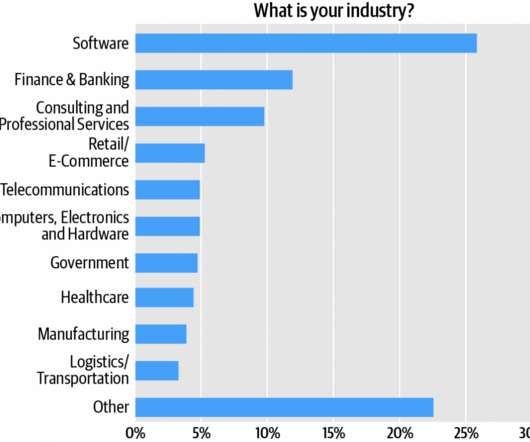New live online training courses
O'Reilly Media - Ideas
JUNE 4, 2019
Get hands-on training in Docker, microservices, cloud native, Python, machine learning, and many other topics. AI-driven Future State Cloud Operations , June 7. How Routers Really Work: Network Operating Systems and Packet Switching , June 21. AWS Certified Big Data - Specialty Crash Course , June 26-27.















Let's personalize your content